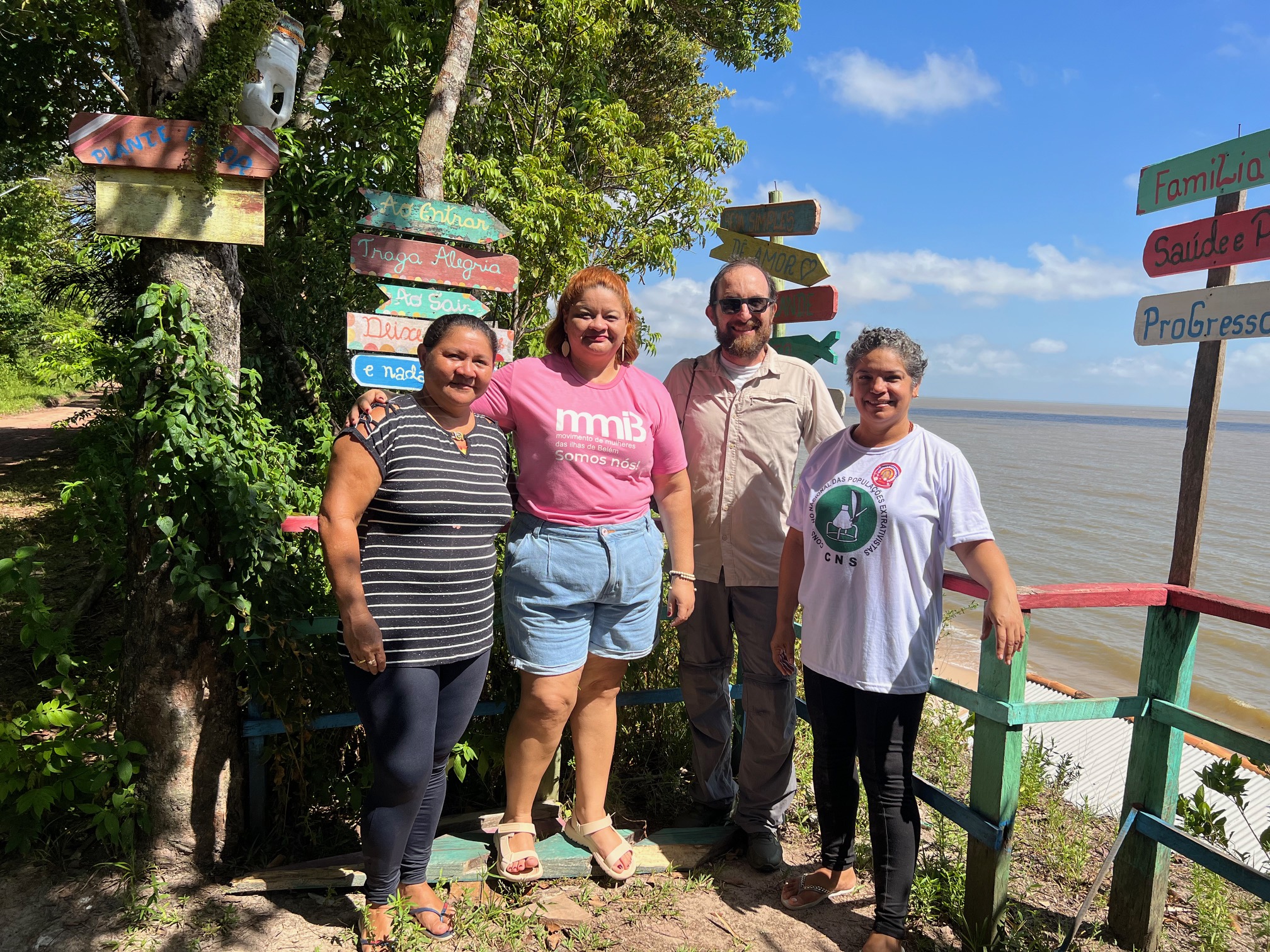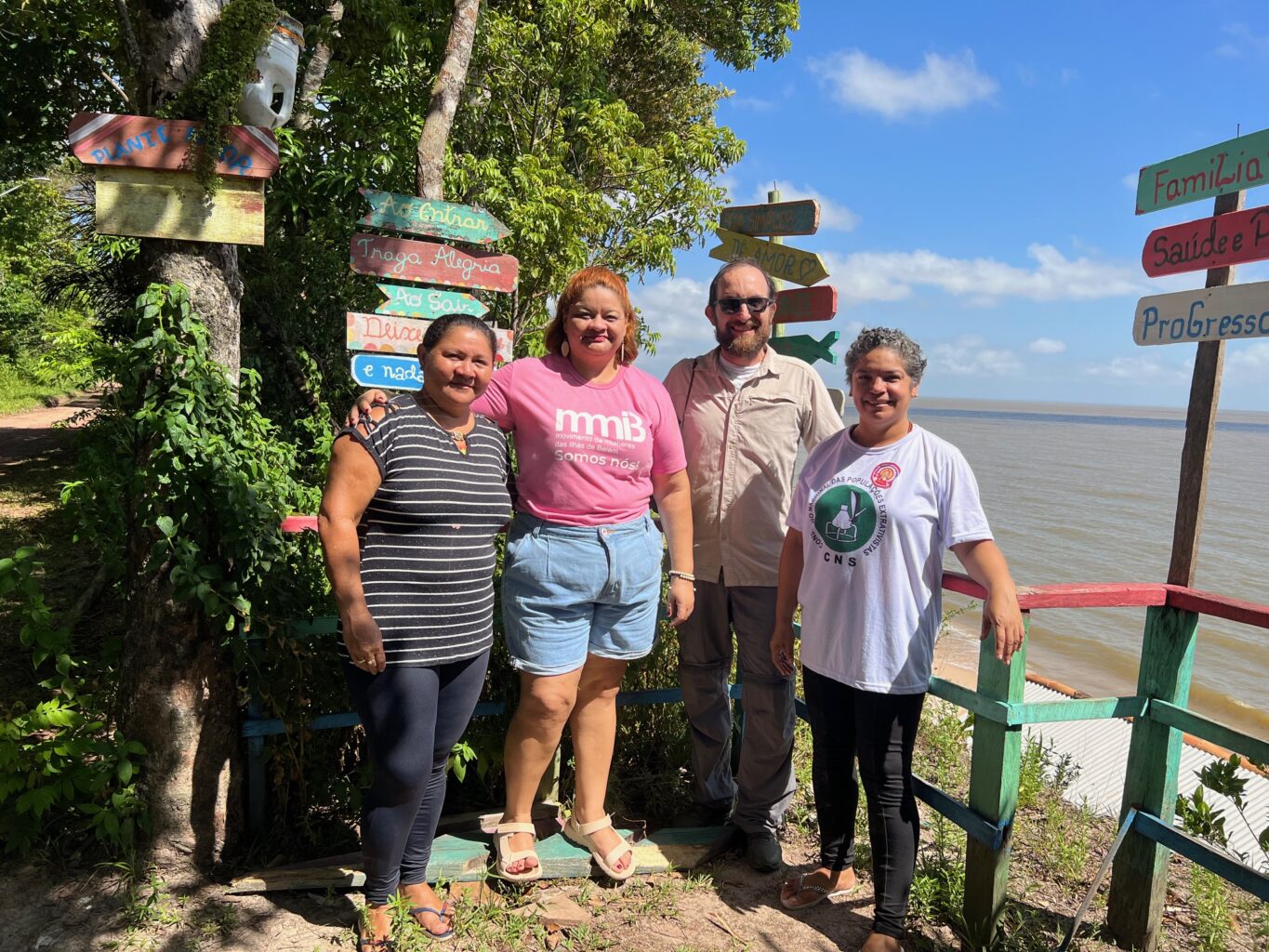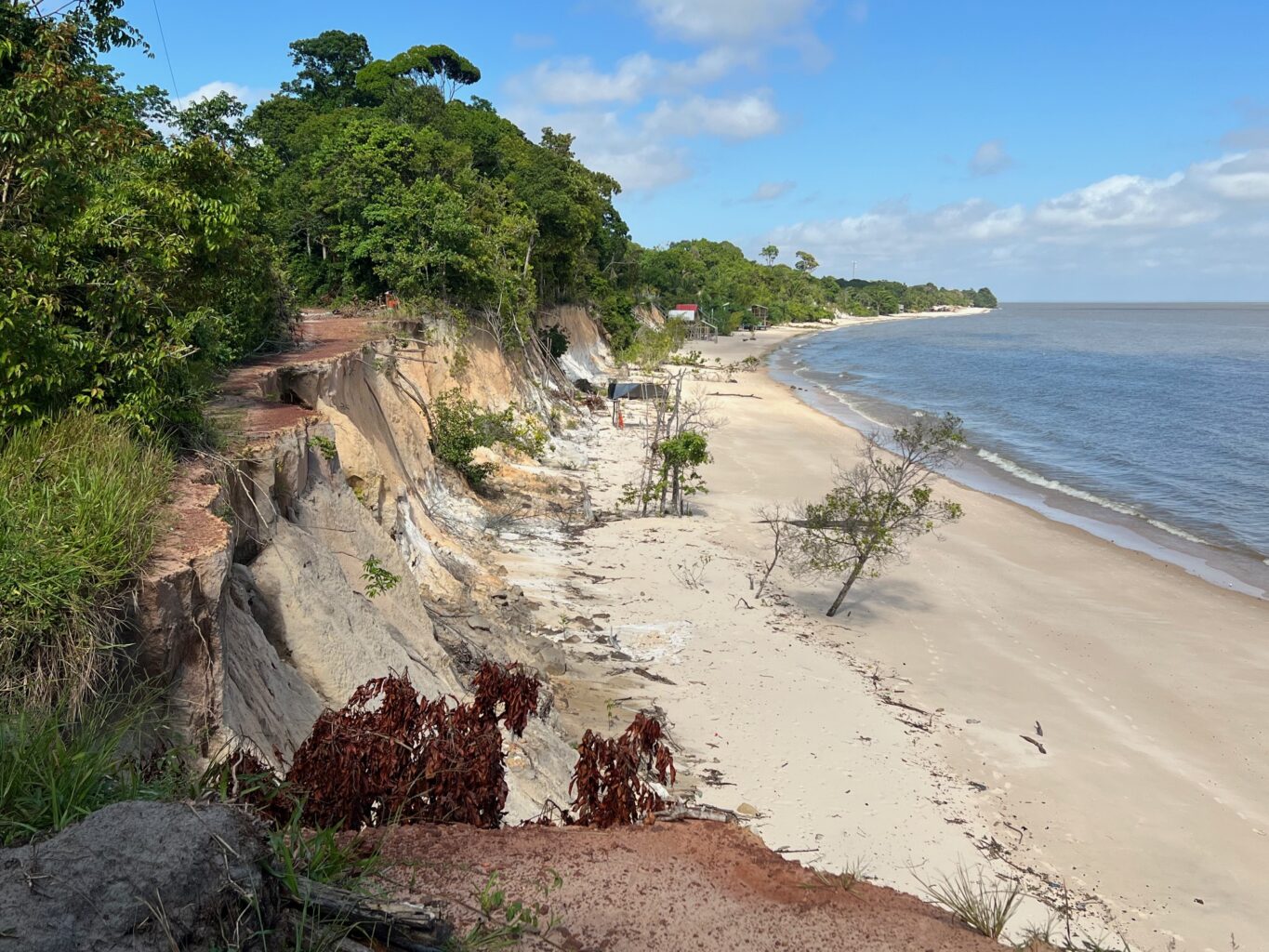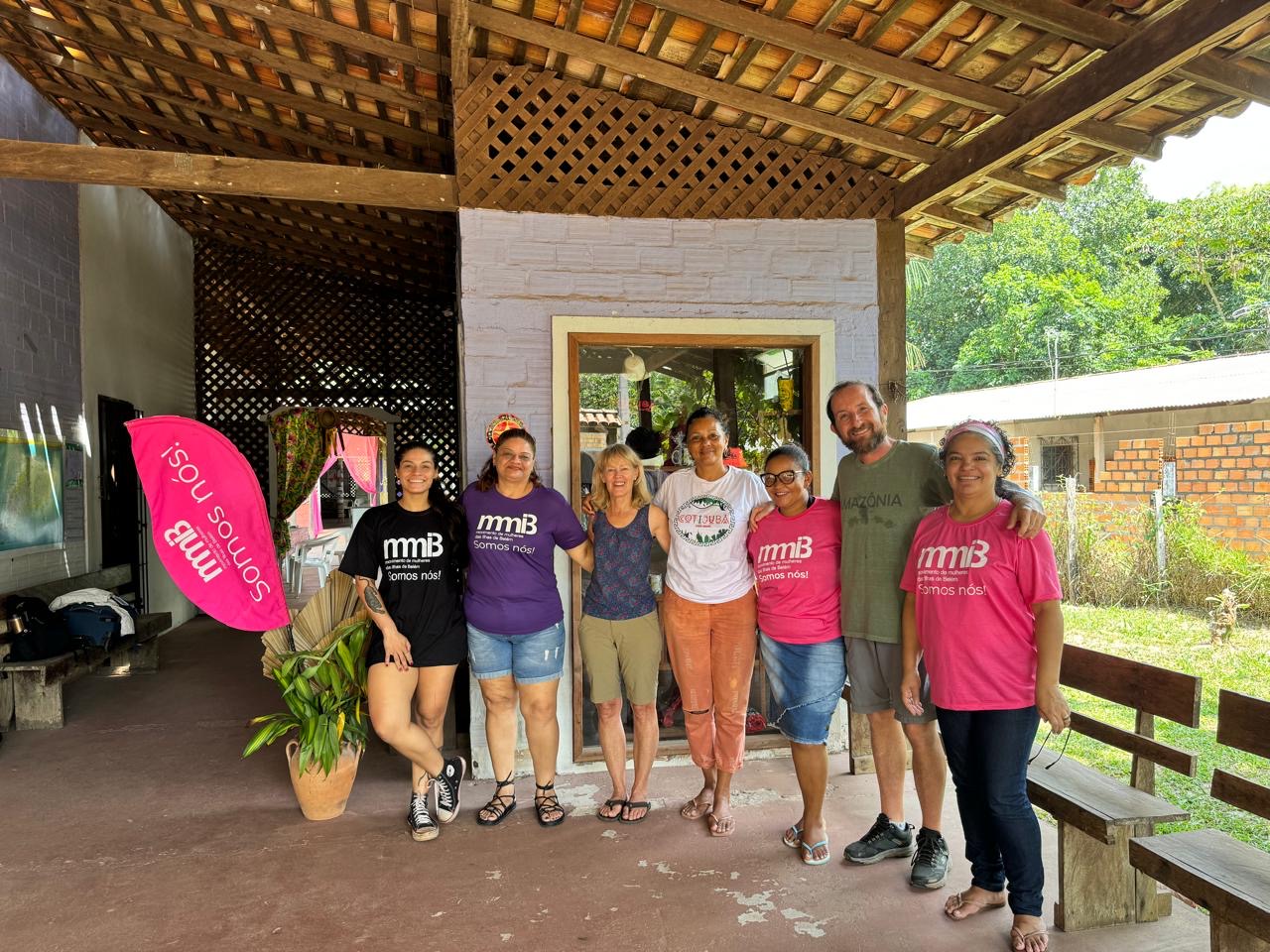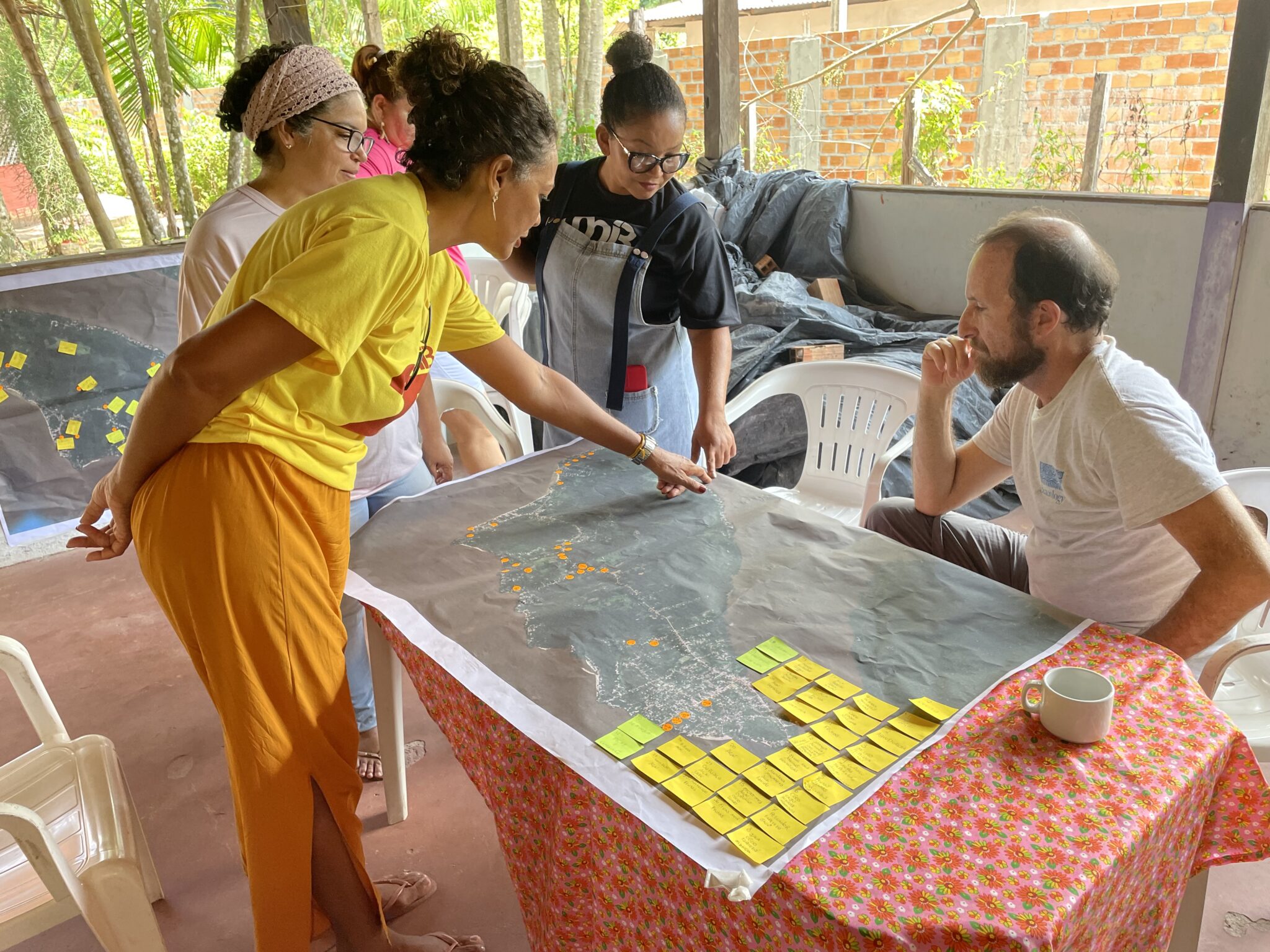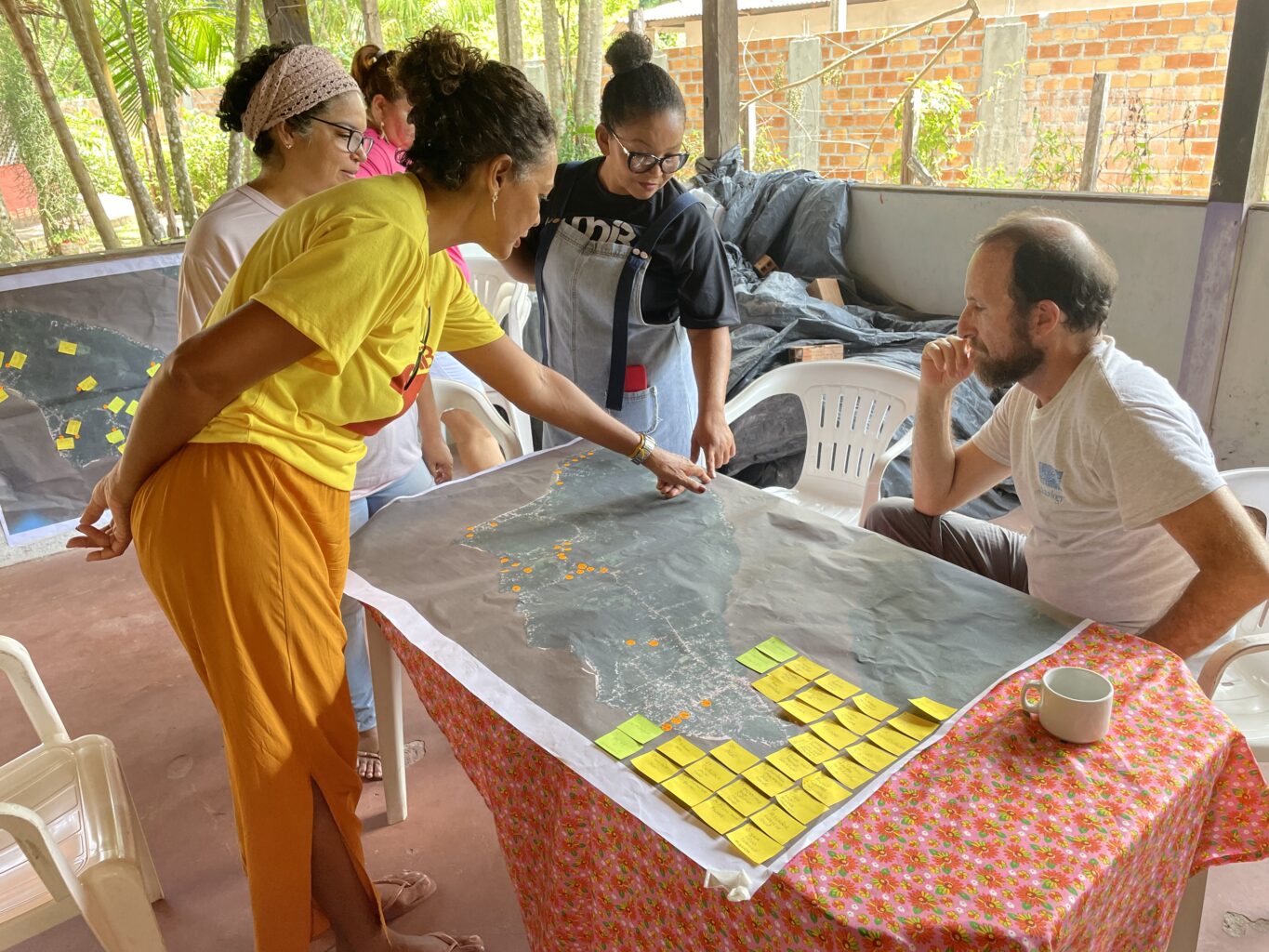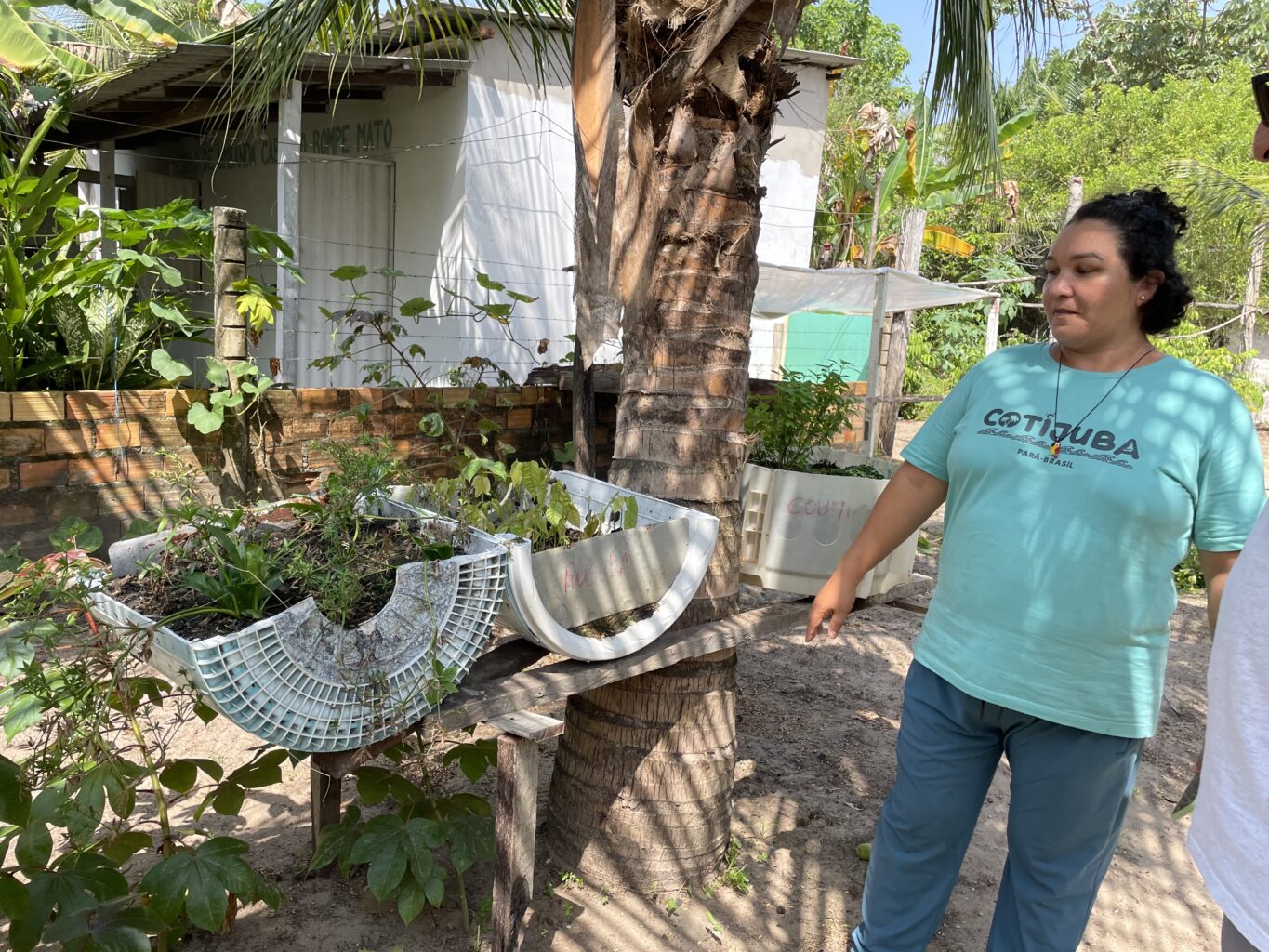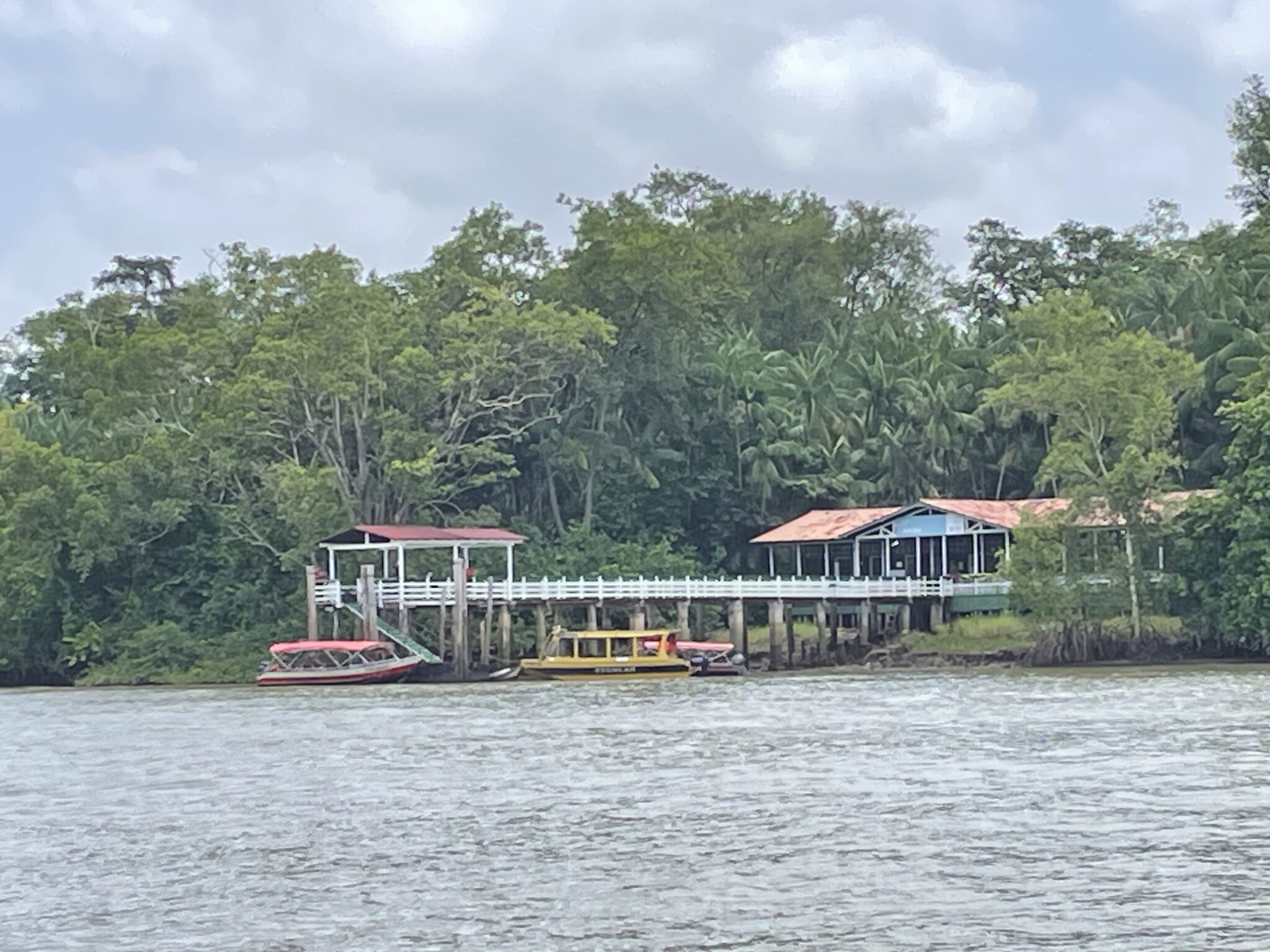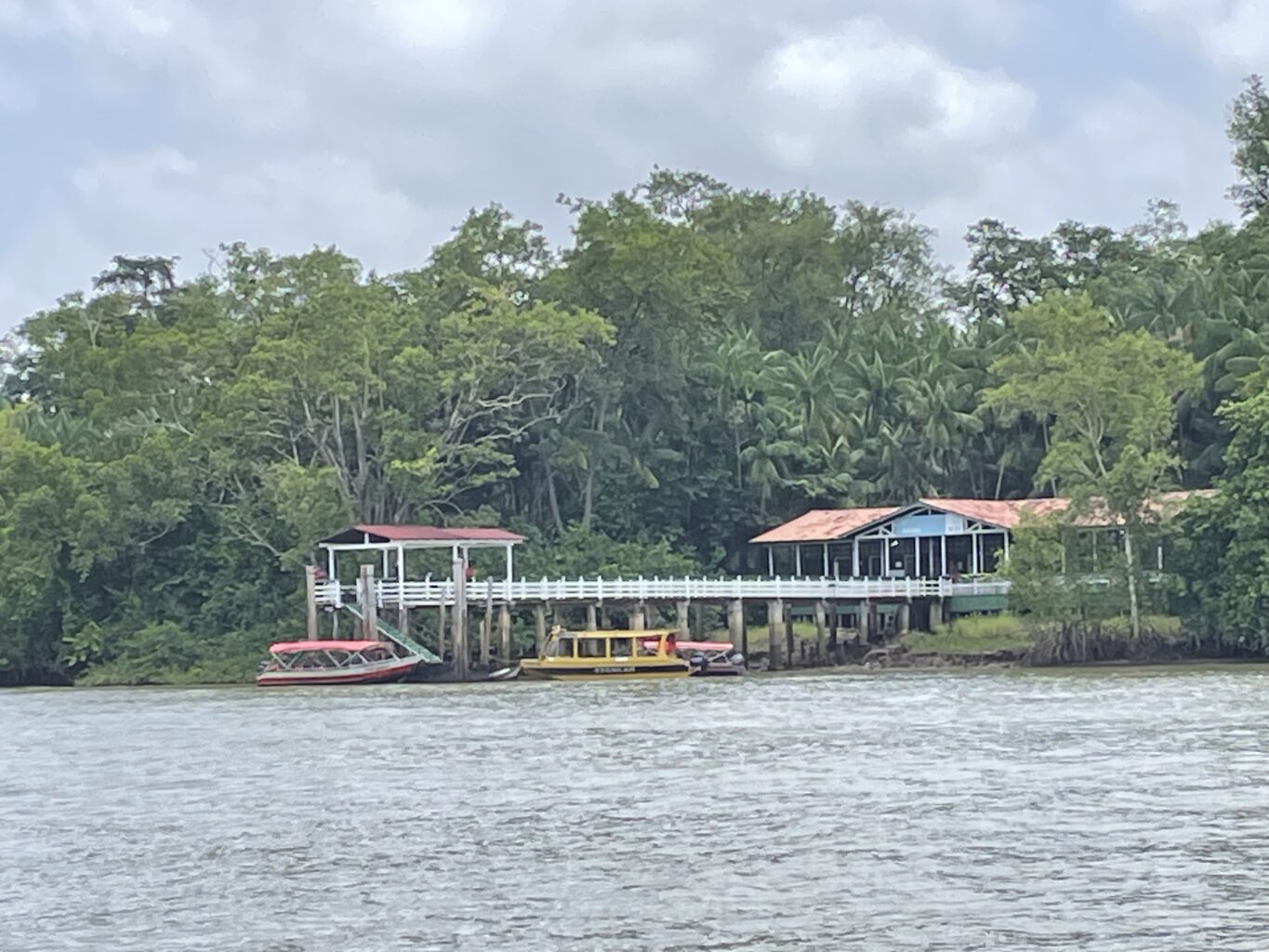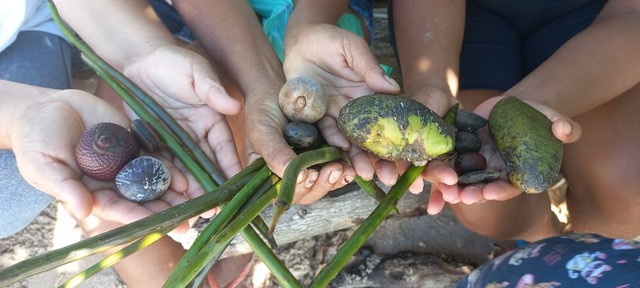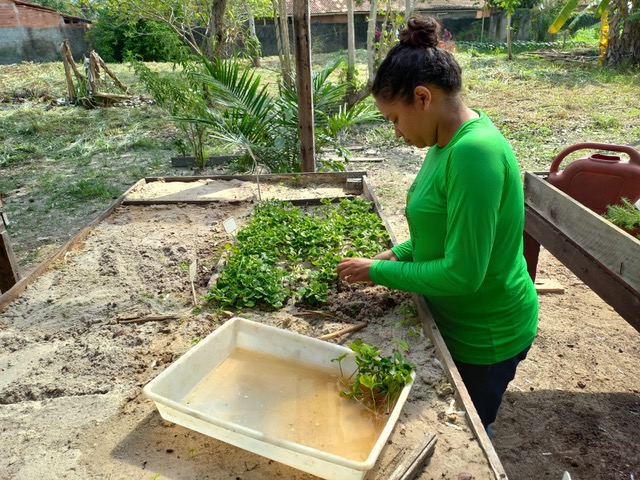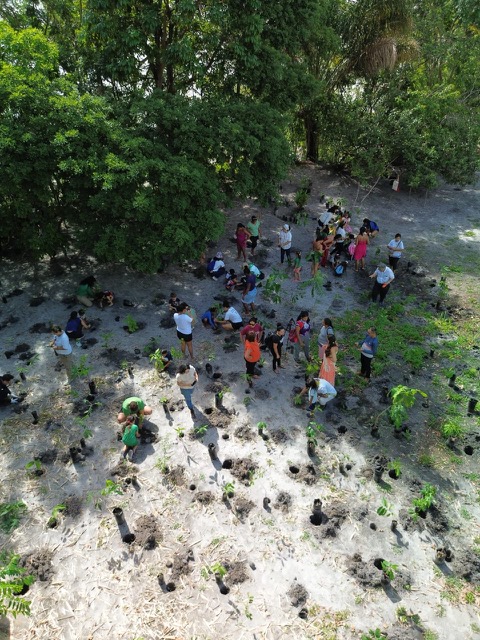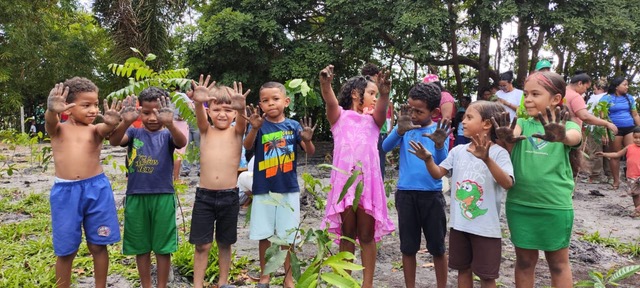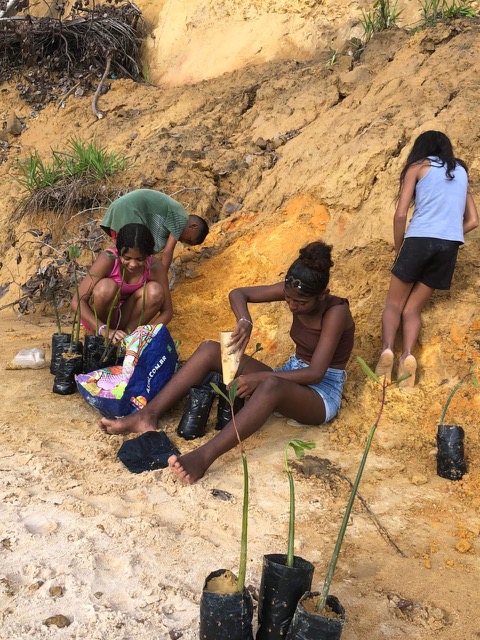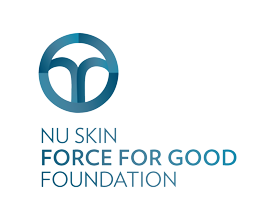The ecological importance of the Amazon forest — just 5% of the Earth’s surface, but home to a quarter of all living species—is well known. It has more plant species than all of Europe, and a fourth of the world’s butterfly species. And it’s estimated that more than 70% of Amazon species don’t yet have a scientific name.
Threats to the Amazon are equally well known. Pará State, near the mouth of the river, leads the country in Amazon rainforest destruction. This project will reforest 7.5 acres (three hectares) of degraded riparian forest on Cotijuba Island, part of the Belém archipelago. The area has been severely eroded, primarily by rising tides. The island has beautiful beaches and a peaceful atmosphere — no cars are allowed. It is home to parrots, parakeets, and many other bird species, as well as chameleons, alligator-like caimans and their smaller relative the jacurarú, and yellow-footed tortoises (jabuti).
The Belém Islands Women’s Movement (MMIB) has been working on Cotijuba Island since 1998. It aims to improve women’s autonomy and quality of life, with environmental sustainability as a key value. For example, they conduct workshops on beekeeping; meliponiculture (raising native stingless bees); community-based tourism; growing native herbs like priprioca to sell to cosmetic companies; making crafts; and producing oils and flours from local plants. The women teach traditional cooking and jewelry-making to visitors.
With guidance from reforestation experts at Friends of the Amazon Forest Institute, MMIB will involve families, young people, and children in producing and planting 3,000 seedlings in the eroded area. They will also promote backyard agroecology.
They will remodel their community hall, the site of all kinds of community events. It has fans (important in the hot climate), a water fountain, a screen for presentations, and seats about 50 people. It also includes a public reading room with more than 300 books.


